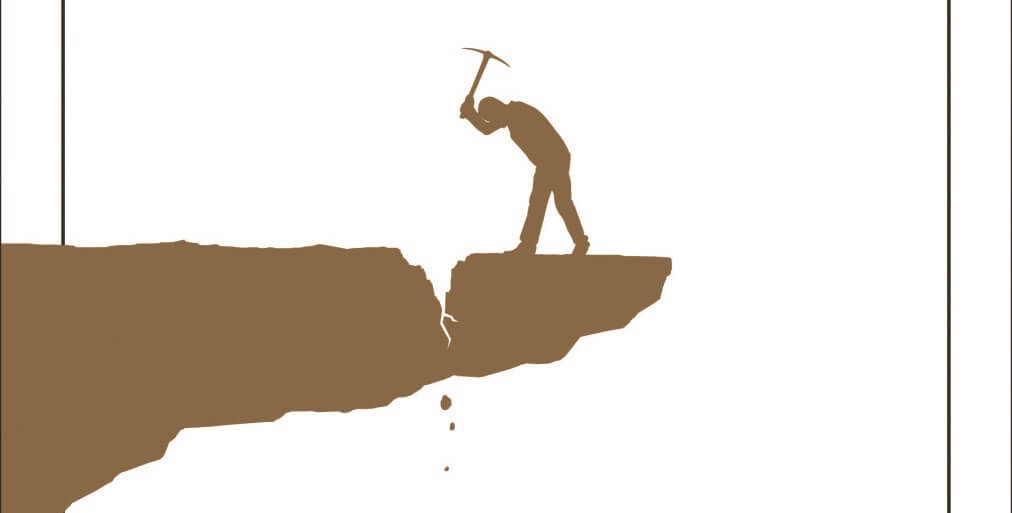
My guest today is Ed Conard, here to discuss his recent book, The Upside of Inequality: How Good Intentions Undermine the Middle Class. He is a visiting scholar at the American Enterprise Institute and a former managing director at Bain Capital.
His 2012 book, Unintended Consequences: Why Everything You’ve Been Told About the Economy Is Wrong was a New York Times bestseller. Because his business partner Mitt Romney was running for President at the time, many people expected the book to be a defense of the one percent. It wasn’t, but this new book is!
We had a wide-ranging discussion that touched on inequality, immigration, entrepreneurship, finance, and housing.
Download this episode.
Subscribe to Economics Detective Radio on iTunes, Android, or Stitcher.
The post The Upside of Inequality with Ed Conard appeared first on The Economics Detective.

